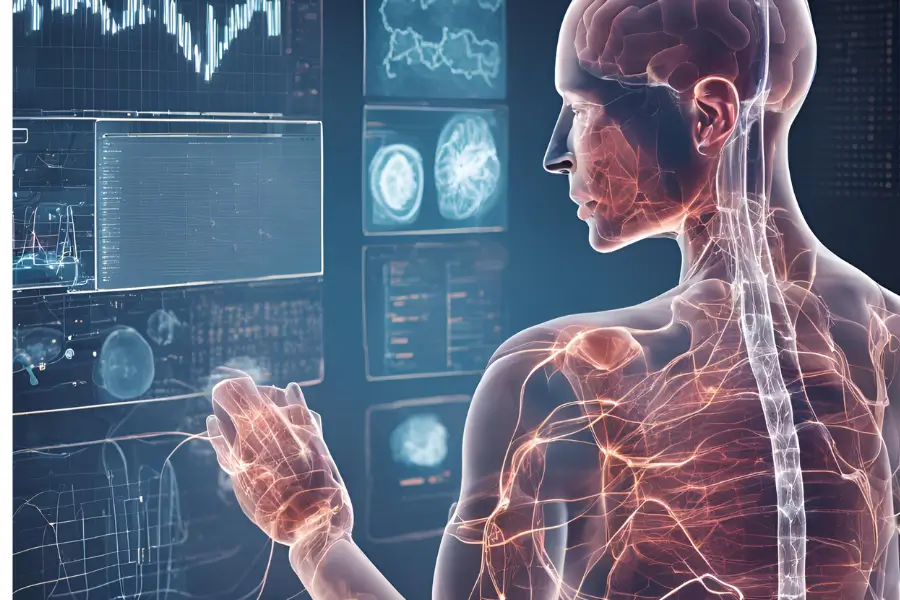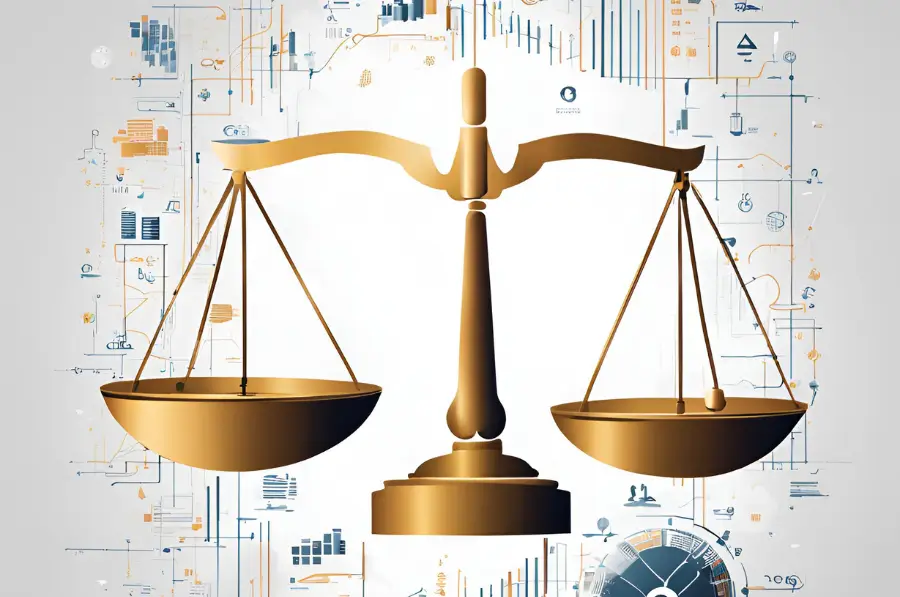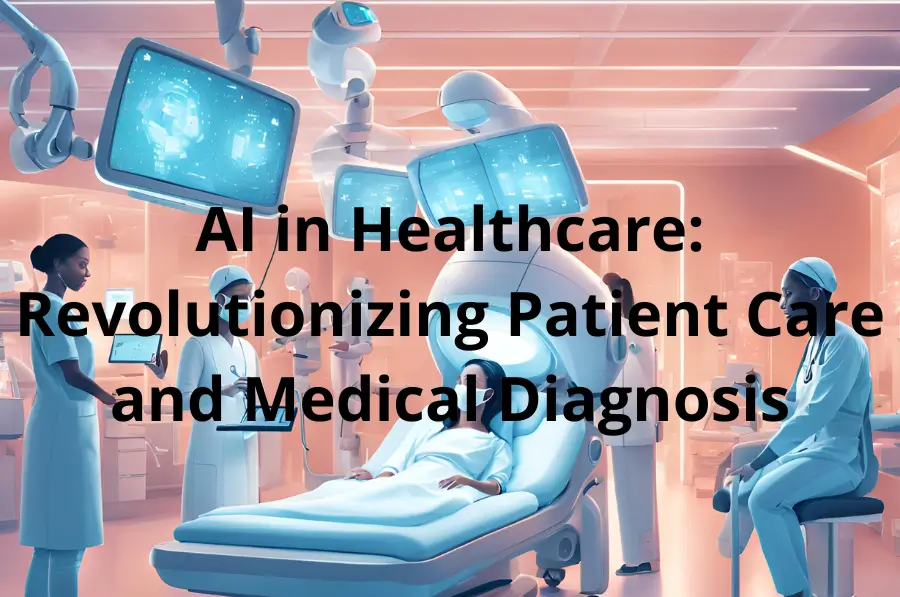The Rise of Machine Learning in Healthcare
ML is revolutionizing how we analyze and interpret medical data. By leveraging complex algorithms, healthcare providers can now uncover patterns and insights that were previously hidden, leading to more accurate diagnoses and tailored treatment plans.
“ML is not just a tool; it’s a paradigm shift in how we approach healthcare,” says Dr. Jane Smith, AI researcher at Stanford University. “It’s enabling us to move from reactive to proactive medicine.”
AI-Assisted Diagnosis: A Game Changer
One of the most promising applications of ml is in AI-assisted diagnosis. A study published in Nature Medicine showed that an AI system developed by Google Health could detect breast cancer in mammograms with greater accuracy than human radiologists, reducing both false positives and false negatives.
Predictive Analytics: Anticipating Health Issues
Predictive analytics in medicine is another area where machine learning shines. By analyzing vast amounts of patient data, AI can predict potential health issues before they become critical. For instance, researchers at MIT have developed an AI model that can detect Alzheimer’s disease up to 6 years before a clinical diagnosis.
Deep Learning in Healthcare: Unlocking New Possibilities
Deep learning in healthcare, a subset of machine learning, is making significant strides, particularly in medical image recognition. This technology is enhancing the accuracy and speed of diagnoses across various medical fields.
In radiology, deep learning algorithms are assisting radiologists in detecting anomalies in X-rays, CT scans, and MRIs with remarkable precision. A recent study by the University of California, San Francisco, demonstrated that a deep learning model could identify pneumonia from chest X-rays with an accuracy comparable to expert radiologists.
Healthcare Automation: Streamlining Processes
Healthcare automation powered by machine learning is streamlining administrative tasks, allowing healthcare professionals to focus more on patient care. For instance, natural language processing algorithms can automatically extract relevant information from electronic health records, saving time and reducing errors.
The Promise and Challenges of ML in Healthcare
While the potential of ML in healthcare is immense, it’s not without challenges. Let’s examine both sides:
Potential Benefits:
- Enhanced diagnostic accuracy
- Personalized treatment plans
- Early disease detection
- Improved patient outcomes
- Reduced healthcare costs
Challenges:
- Data privacy and security concerns
- Integration with existing healthcare systems
- Need for large, diverse datasets for training
- Potential for algorithmic bias
- AI ethics in medicine: ensuring fairness and transparency
The Future of ML in Healthcare
As we look to the future, the integration of ML in healthcare promises to usher in an era of more precise, efficient, and personalized medical care. From drug discovery to patient monitoring, the applications are vast and growing.
“The future of healthcare is not just about treating diseases, but about predicting and preventing them,” notes Dr. Mark Johnson, Chief of AI at Mayo Clinic. “Machine learning is the key to unlocking this potential.”
Real-World Applications
1. Drug Discovery and Development
Machine learning is accelerating the drug discovery process. For example, Atomwise, a company using AI for drug discovery, identified two potential treatments for the Ebola virus in just one day, a process that typically takes months or years using traditional methods.
2. Personalized Treatment Plans
By analyzing a patient’s genetic profile, lifestyle factors, and medical history, machine learning algorithms can help doctors tailor treatments to individual patients. Oncologists at the Cleveland Clinic are using AI to analyze the genetic makeup of cancer cells and predict which treatments are most likely to be effective for each patient.
3. Remote Patient Monitoring
AI-powered wearable devices are enabling continuous patient monitoring outside of clinical settings. These devices can alert healthcare providers to potential issues before they become critical, allowing for early intervention and reducing hospital readmissions.
Frequently Asked Questions
How can machine learning be used in the medical field?
Machine learning can be used for diagnosis, treatment planning, drug discovery, medical imaging analysis, and predictive analytics in healthcare.
Can machine learning be used for data analysis?
Yes, machine learning is particularly powerful for analyzing large and complex datasets, including medical data.
What type of machine learning is used for medical diagnosis?
Various types of machine learning are used in medical diagnosis, including supervised learning, unsupervised learning, and deep learning, depending on the specific application.
How is AI used in the medical field?
AI is used in various ways in medicine, including diagnosis, treatment planning, robot-assisted surgery, and administrative tasks.
Conclusion
The power of machine learning in medical data analysis is transforming healthcare in unprecedented ways. From enhancing diagnostic accuracy to enabling personalized treatment plans, machine learning is ushering in a new era of data-driven healthcare. As we continue to navigate the challenges and harness the potential of this technology, we move closer to a future where healthcare is more precise, personalized, and proactive than ever before.
As we embrace this AI-driven revolution in healthcare, it’s crucial to address the ethical considerations and ensure that these powerful tools are used responsibly. With continued research, collaboration, and innovation, machine learning has the potential to significantly improve patient outcomes and revolutionize the healthcare industry as a whole.




